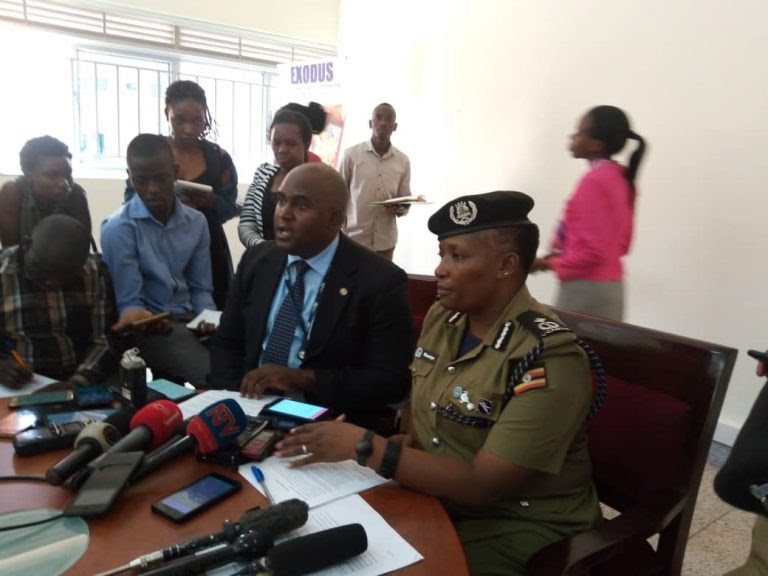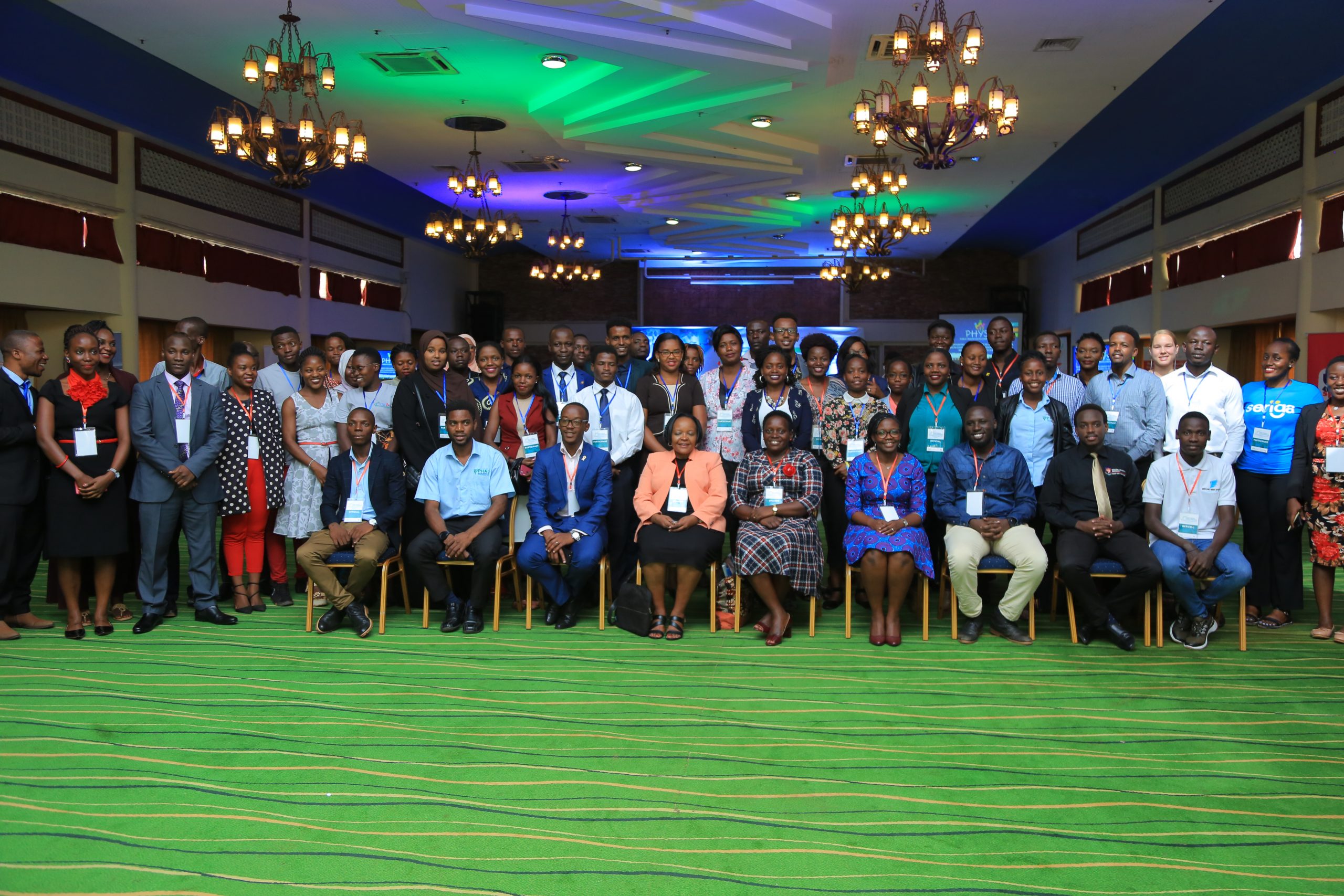The Uganda Police together with the Uganda Communications Commission and telecom operators conducted an operation in Kampala over the weekend in which eight suspects engaged in SIM boxing, a form of electronic fraud, were apprehended.
At a press conference held at Police Headquarters Naguru on Monday, UCC’s Head of Public and International Relations Mr Ibrahim Bbossa told journalists that the suspects in custody are part of a wider racket. He added that a hunt is on to apprehend others as investigations continue.
In telecommunications, SIM boxing refers to the act of a person or group of people setting up a device that can take in several SIM cards (a SIM box) and using the same to complete international calls received from the Internet as voice over IP (VoIP). The calls are in turn diverted to the in-country mobile network subscribers as local traffic. As such, the SIM boxer bypasses international call rates and most likely undercuts the tariffs charged by domestic mobile operators.
At Masanafu in Rubaga Division, Kampala, the enforcement team recovered one (1) SIM box with 545 SIM cards. Three (3) suspects are in Police custody. At Clement Hill Road, Central Division, one (1) SIM box was recovered and two (2) suspects are in Police custody.
At Kasubi, Rubaga Division, one (1) SIM box was recovered and the suspects are still at large; their premises were found closed but the SIM boxing apparatus was up and running. At Nakawa market, two (2) SIM boxes were recovered; one with 32 SIM cards and another with 1,024 SIM cards. One suspect is in Police custody.
Two other suspects were arrested for supplying stolen SIM cards to these illegal operators. The suspects are to be charged in court this week.
The Computer Misuse Act 2011 provides for offences relating to the misuse of computers. It also provides for electronic fraud as an offence which arises whenever one uses a computer to commit fraud.
How SIM boxing works
To make a call from Europe to Uganda, a subscriber calls via their operator (e.g T-Mobile) through an International Gateway (e.g. BICS or TATA) which has termination agreements with operators in Uganda (e.g MTN or Airtel). When a phone call follows these steps, all operators involved – T-Mobile, BICS or TATA; MTN or Airtel, and the government, all get their due fees as determined in the various agreements and taxation laws.
However, SIM boxers have found a way around this arrangement. They are capable of diverting a call from Europe to be displayed on your handset here in Uganda as though it were emanating from Kenya. The SIM box is also capable of taking advantage of any existing on-net (same network) voice bundles. This way, they end up paying very little or nothing at all for the termination of the said call, having disguised it as a local call.
As such, the operator in Uganda is cheated as they are not able to charge the phone call its premium international rate but rather the local rate or even zero rate in case purchased voice bundles are used. On the other hand, the government loses out on the charge levied on every international call per minute.
Source: https://uccinfo.blog/
















